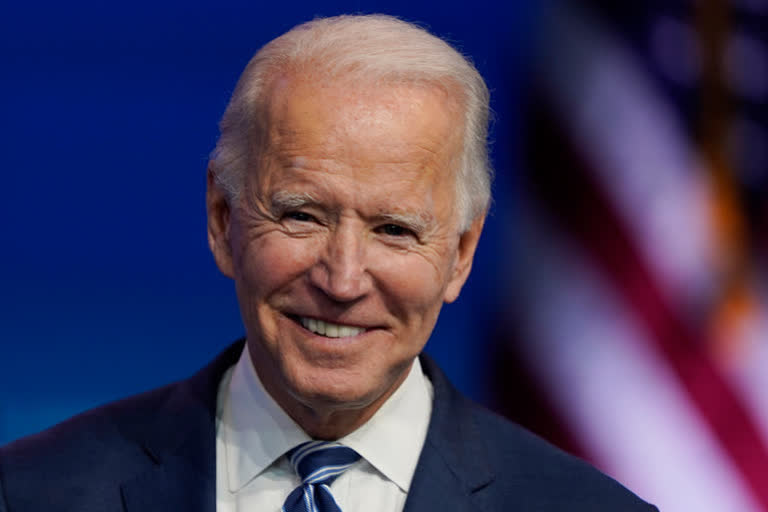Washington: President-elect Joe Biden wants to “restore the soul of America.” First, he'll need to fix a broken and divided Congress.
Biden is rushing headlong into a legislative branch ground down by partisanship, name-calling and, now, a refusal by some to acknowledge his win over President Donald Trump.
Democratic allies, struggling to regroup after their own election losses, harbor deep divisions between progressive and moderate voices. Republicans, rather than graciously congratulating the incoming president, are, intentionally or not, delegitimizing Biden's presidency while catering to Trump's refusal to accept the election results.
At a time when the country needs a functioning government perhaps more than ever to confront the crises of COVID-19, a teetering economy and racial injustice, Washington is being challenged by the president-elect to do better than it has.
It's going to be a hard opening.
"The country used to want gridlock because they saw gridlock as a way to protect them. Now the country's actually hungry for action and progress,” said Jesse Ferguson, a Democratic strategist. "That's a mandate to flip the switch.”
The idea of a Biden mandate, though, is relative, certainly embraced by Democrats who want to push ahead with his agenda. Emboldened Republicans, though, who didn't lose a single House seat, but in fact, expanded their ranks and brushed back many Senate Democratic challengers, see their own mandate to serve as a block on a Biden agenda.
California Rep. Kevin McCarthy, the House's Republican leader, said the election “was a mandate against socialism," stepping up the relentless GOP attacks, even though Biden is a centrist Democrat.
Biden comes to the presidency like few in recent history, with a rare mix of experience but also a potentially divided Congress. Not since President George H.W. Bush has the White House had an executive with such a deep Washington resume.
READ: Israel hits Hamas targets in Gaza after rocket attack
Rarely in modern times has a Democrat started an administration without a full Democratic Congress. While the House is in Democratic hands, the Senate remains undecided, a 50-48 lead for Republicans heading into a Jan. 5 runoff for two seats in Georgia that will determine party control.
Asked this past week how he will be able to work with Republicans if they aren't acknowledging his victory, Biden said, “They will." What Biden is presenting is a new normal in Washington that he said voters demanded from the election.
"If we can decide not to cooperate, then we can decide to cooperate,” he said at his election victory speech.
Much has been made of Biden's relationship with Capitol Hill, where he served as a senator for 36 years, particularly his deal-making as Barack Obama's vice president with Senate Republican leader Mitch McConnell of Kentucky.
Yet McConnell has not revived that approach as he enables Trump to delve into a legal battle rooted in unfounded allegations of voter fraud, even as state officials say the elections ran smoothly and there is no widespread evidence of fraudulent voting. McConnell won his own reelection in Kentucky.
AP



